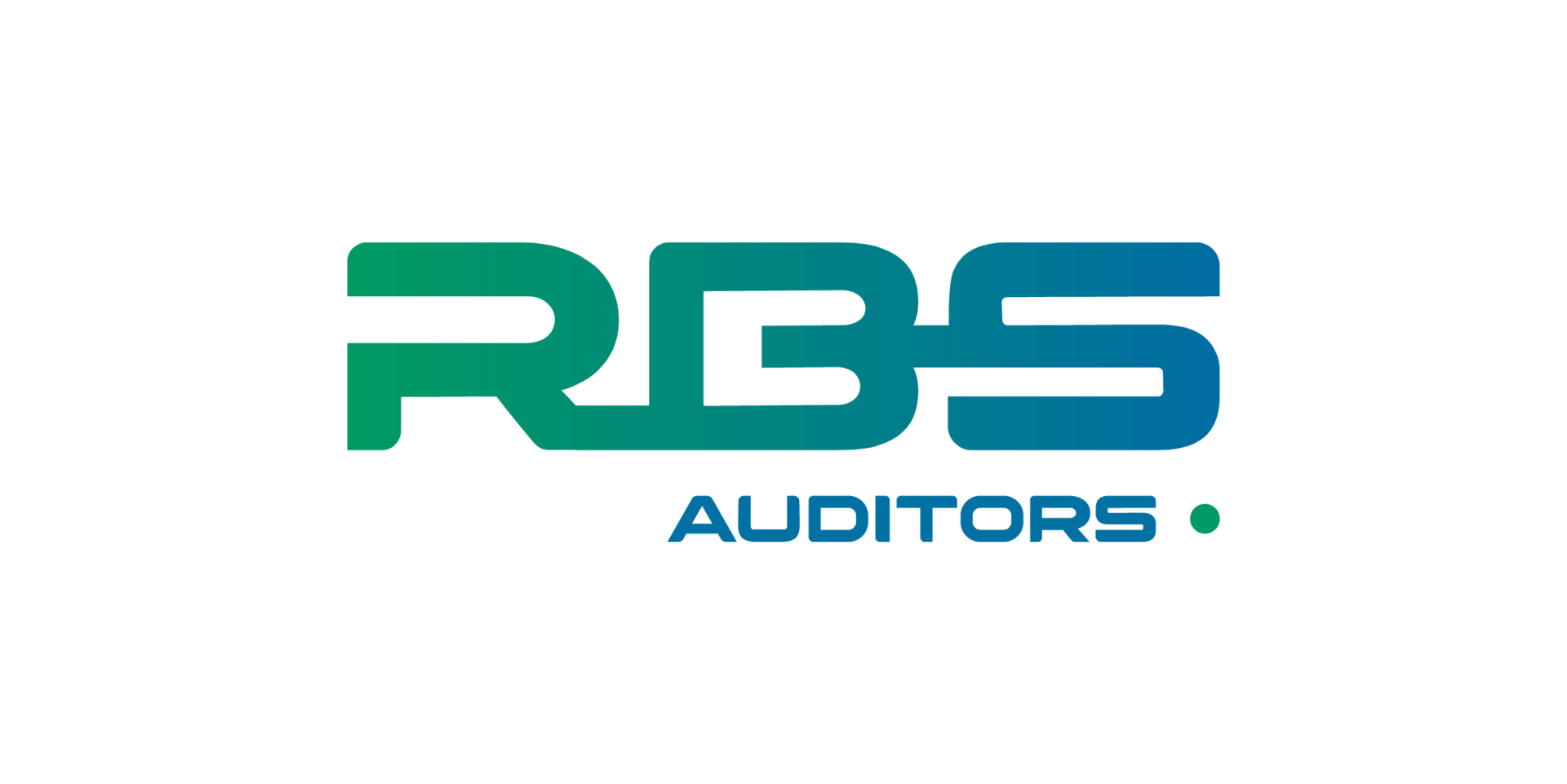
AML/CFT COMPLIANCE AND CERTIFICATION SERVICES IN UAE

Anti-money laundering law comprises the laws, regulations, and procedures to curb the disguising of illegally obtained funds through market manipulation, trading of illegal goods, corruption, tax evasion, terrorism, etc. AML is targeting to identify and prevent the methods to launder the illegally obtained funds.
Anti-money laundering and counter-financing of terrorism (CFT) are now global concerns. And all individuals and firms in the UAE shall adhere to the rules and regulations to avoid legal consequences.
In UAE to develop the legislative and legal structure of the nation to ensure compliance with international standards on anti-money laundering and countering the financing of terrorism Federal Decree-law No. (20) of 2018 on ANTI-MONEY LAUNDERING AND COMBATING THE FINANCING OF TERRORISM AND FINANCING OF ILLEGAL ORGANISATIONS has been implemented.
The law aims to:
(a) Combat money-laundering practices.
(b) Establish a legal framework that supports the authorities concerned with anti-money laundering and crimes related to money-laundering.
(c) Counter the financing of terrorist operations and suspicious organisations.
The UAE AML Law (Cabinet Decision No. 10 of 2019) outlined following categories as Designated Nonfinancial Businesses and Professions (DNFBPs) in Article 3.
Anyone who is engaged in the following trade or business activities shall be considered a DNFBP:
- Brokers and real estate agents when they conclude operations for the benefit of their customers with respect to the purchase and sale of real estate.
- Dealers in precious metals and precious stones (any single monetary transaction or several transactions that appear to be interrelated or equal to more than AED 55,000).
- Lawyers, notaries, and other independent legal professionals and independent accountants, when preparing, conducting, or executing specific financial transactions for their customers.
- Providers of corporate services and trusts upon performing or executing the specific transaction on behalf of their Customers.
- Other professions and activities shall be determined by a decision of the Minister.
Statutory obligations of DNFBPs are:
- Appointment of an AML/CFT compliance officer
- Performing customer due diligence (CDD) measures
- Suspicious transaction reporting to the Financial Intelligence Unit (FIU)
- Subscription to the automatic reporting system for sanctions lists
To fulfill these statutory obligations, DNFBPs should ensure that they have adequate internal policies, procedures, and controls in place, commensurate with the size and nature of the business. DNFBPs that fail to follow with these rules shall be subject to various administrative and financial penalties ranging from Dh 50,000 to Dh 5 millions. This law and framework have been established to detect, discourage and prevent financial crimes and reporting suspicious transactions.
Anti-Money Laundering Compliance Advisory
With the continuous changes in the regulatory framework and more stringent AML Rules and regulations, it is becoming difficult for Financial institutions and DNFPBs to implement new regulations and design complete compliance framework.
We help our customers and provide advisory services on –
- Registering in GoAml portal’
- Identifying and assessing ML/FT risks
- AML Governance Framework,
- Assurance Reviews and Agreed Upon Procedures
- Compliance Remediation,
- Financial Crime Prevention Framework.
- Putting in place an adequate governance framework for AML/CFT
- Comply with the directives of the Competent Authorities of the State in relation to the United Nations Security Council resolutions under Chapter VII of the Charter of the United Nations, and in relation to Cabinet Decision No. (20) of 2019 Regarding Terrorism Lists Regulation and Implementation of UN Security Council Resolutions.
- Providing outsourced compliance officer services and AML consulting services.
- Extending all the necessary guidelines to your team in keeping and maintaining the books and records in relation to the law in a manner that is best suited to your line of business






No comment yet, add your voice below!